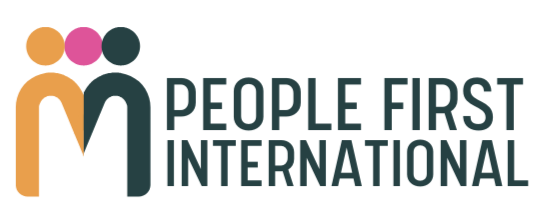Ombuds & HR Resources
We offer a wide range of comprehensive resources to help you develop your leadership skills and reach your full potential. Explore our blog, where our experienced leadership experts share valuable insights, tips, and strategies to enhance your leadership skills.
Stay tuned for our upcoming podcast, where we will interview industry leaders, share inspiring stories, and provide actionable advice to help you become the best leader.

People First Blog
An ombuds and HR have different roles within an organization. HR focuses on enforcing company policies and procedures, managing employee benefits, and handling disciplinary actions. On the other hand, an ombuds serves as a neutral and confidential resource for employees to voice concerns, resolve conflicts, and explore options without fear of retaliation. They provide guidance and support while maintaining confidentiality.
An ombudsperson, also known as an ombuds, is an independent, impartial, and confidential resource within an organization. They provide a safe space for individuals to discuss concerns, conflicts, and challenges related to work. Ombudspersons act as advocates for fairness and equity, helping employees navigate difficult situations and find resolution.
An ombuds can save your company money by:
-
Resolving conflicts early and informally, avoiding costly lawsuits or formal grievances.
-
Improving employee morale and reducing turnover, leading to cost savings in recruitment and training.
-
Identifying systemic issues and recommending changes to prevent future conflicts and expenses.
-
Providing guidance on ethical issues and promoting a culture of integrity, reducing legal and reputational risks.
-
Common conflict resolution methods include:
-
Mediation: A neutral third party helps facilitate a resolution between conflicting parties.
-
Negotiation: Parties discuss their differences and work towards a mutually acceptable agreement.
-
Facilitation: A neutral facilitator guides a group through a structured process to address conflicts.
-
Problem-solving: Parties collaborate to identify underlying issues and find solutions together.
-
Arbitration: A neutral arbitrator reviews evidence and makes a binding decision to resolve the conflict.
-





